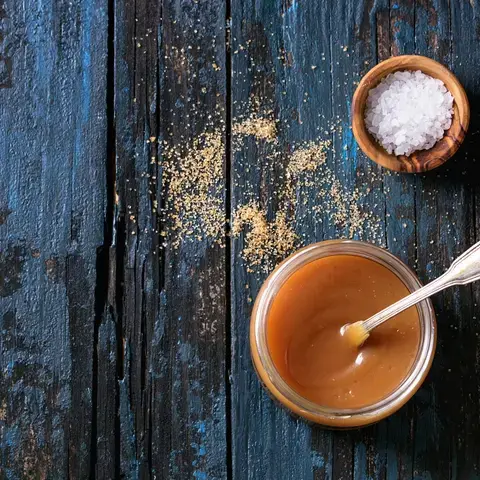How to make Makgeolli recipe at home: check out the step-by-step recipe for a creamy and traditional Korean rice wine.

Makgeolli Rice Wine
Rice vinegar: 6 cups, Japanese short-grain variety
6 cups + 2.5 l, plus extra for rinsing rice
Nuruk: 2 cups
Yeast: 1/2 tsp, instant dried
Vodka: 1 bottle, or other liquid for sterilizing
How to make Makgeolli recipe at home: check out the step-by-step recipe for a creamy and traditional Korean rice wine.
To make Makgeolli recipe at home start rinsing the rice at least five times, or place in a colander under running water, moving the grains around until the water runs clear, about 2 minutes.
Soak the rice in 6 cups of water for 30 minutes, then bring to a boil over high heat. Lower heat to low, cover the pot and simmer for 12 minutes. Reduce the heat to its lowest point and simmer 3 minutes more.
Remove pot from the heat and let stand, covered, for 30 minutes.
Sanitize 2 cloths large enough to fit over the top of 2 large bowls (you can boil them, use sterilizing solution, or wet them and microwave them for 2 minutes).
When cool, use a cloth to wipe a spatula, a small bowl, a large bowl, a spoon and your hands with about 1 cup of vodka or with sterilizing solution, trying not to waste too much vodka, clearly.
Ring out the cloths.
If your koji is not in powdered form, grind 1 cup of it and measure 100 g.
Combine the koji in the small bowl with the instant yeast and enough water to make a paste.
Add 1l of water and half the cooked rice to each large bowl. Re-sterilize your hands with vodka and when the rice is cool enough, break up any clumps.
Add the koji and mix together. Wipe the rim of the bowls with a cloth or paper towel soaked in alcohol and cover the bowls with the sterilized cloths.
Hold the cloths in place with elastic bands, string or cord. Place the bowls in a dark area between 20-25˚C. Stir the liquid every morning and night with a sterilized spoon.
Leave for 3-5 days.
Add more water if drying out.
Over the course of the fermentation period, rice particles will start floating up and down in the liquid and you'll hear activity from the gases. The Makgeolli is ready when most of the grains have fallen to the bottom of the bowls and only a few grains remain on top. The liquid should no longer be bubbling away. If the room is hotter than 25˚C, fermentation might only require 2-3 days. Decant the liquid by pouring through sterilized cheesecloth into sterilized glass bottles, plastic bottles or mason jars. If desired, dilute with water to reduce the alcohol level or thin. Add honey to taste (it might be sweet enough already). Don't tighten the lids too much, as some of the unpasteurized lees are still present and gases may build up. If using plastic lids, poke holes in them to release gases. You can also siphon the liquid from the lees before bottling, or bring it to 70˚C to pasteurize it if you wish the fermentation to stop completely and the Makgeolli to be shelf stable. Store in the fridge for a few days to mellow before drinking.






